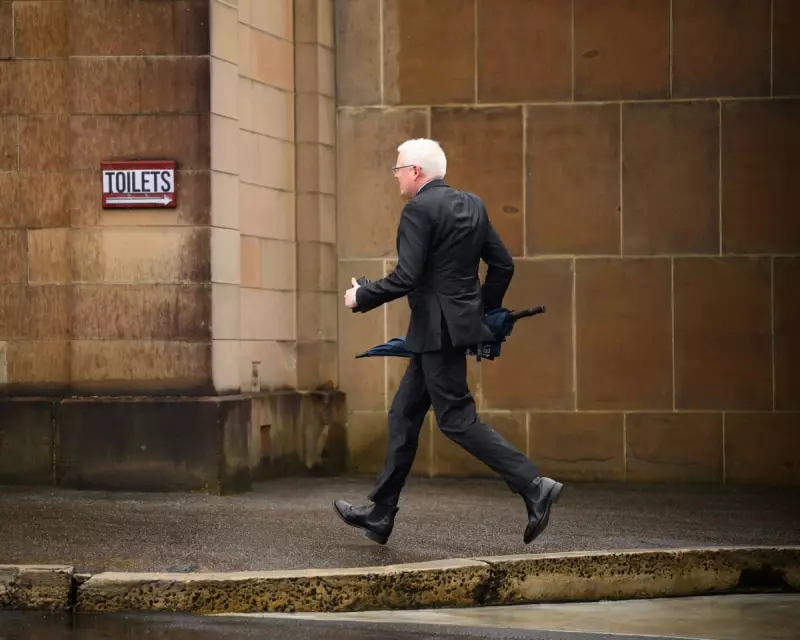
In a dramatic turn of events, former New South Wales MP Gareth Ward has resigned from parliament just hours before he was due to be expelled following his conviction for sexual assault. The disgraced politician, once a prominent figure in state politics, avoided a humiliating removal vote by stepping down voluntarily.
A swift fall from power
Ward's resignation marks the culmination of a stunning downfall for the former minister, who was found guilty earlier this year of sexually assaulting a 17-year-old boy and indecently assaulting a 27-year-old man. The convictions carried maximum prison sentences of 10 and 5 years respectively.
Parliamentary expulsion imminent
The NSW Legislative Assembly had been scheduled to vote on Ward's expulsion today, with bipartisan support ensuring the motion would pass. His last-minute resignation means he avoids becoming only the second MP in NSW history to be expelled from parliament.
Key developments:
- Ward convicted on multiple sexual assault charges in May
- Faced automatic expulsion under new NSW integrity laws
- Resignation prevents historic parliamentary expulsion
- By-election now likely for his Kiama electorate
Political fallout continues
The case has sent shockwaves through NSW politics, with Premier Chris Minns stating the government had 'no choice' but to remove Ward following his convictions. Opposition leader Mark Speakman described the situation as 'deeply regrettable' but necessary to maintain public trust in institutions.
Political analysts suggest the scandal may have lasting implications for how sexual misconduct allegations are handled within Australian political parties, particularly following several high-profile cases in recent years.
Legal proceedings continue
While Ward has resigned his parliamentary position, his legal battles are far from over. The former MP has lodged an appeal against his convictions, with a hearing expected later this year. Sentencing has been deferred pending the outcome of this appeal.
The case continues to raise important questions about accountability for elected officials and the processes for dealing with criminal convictions while in office.





